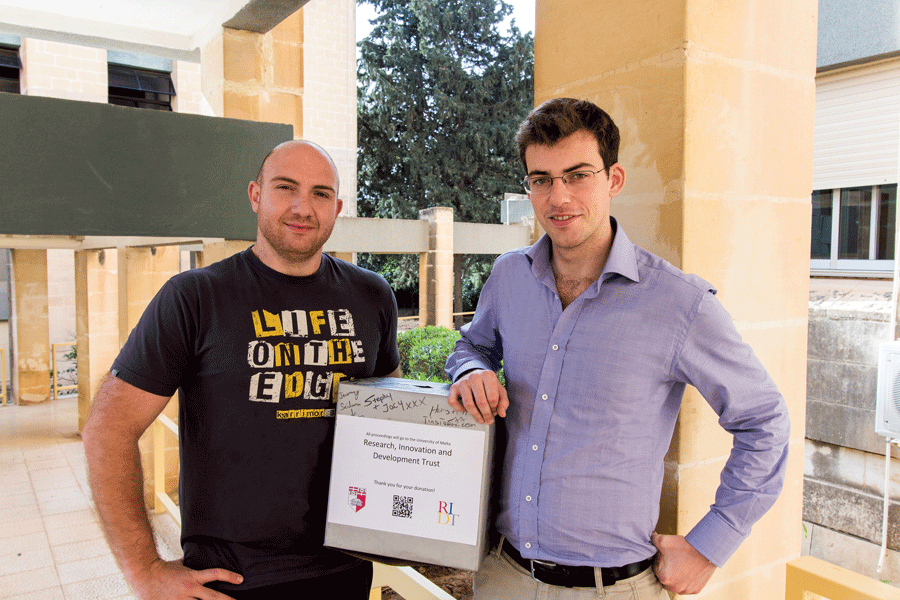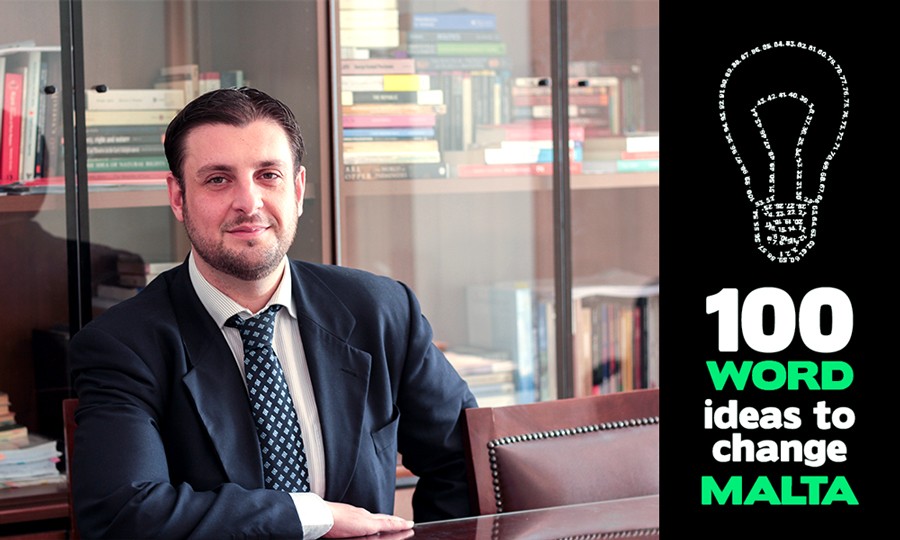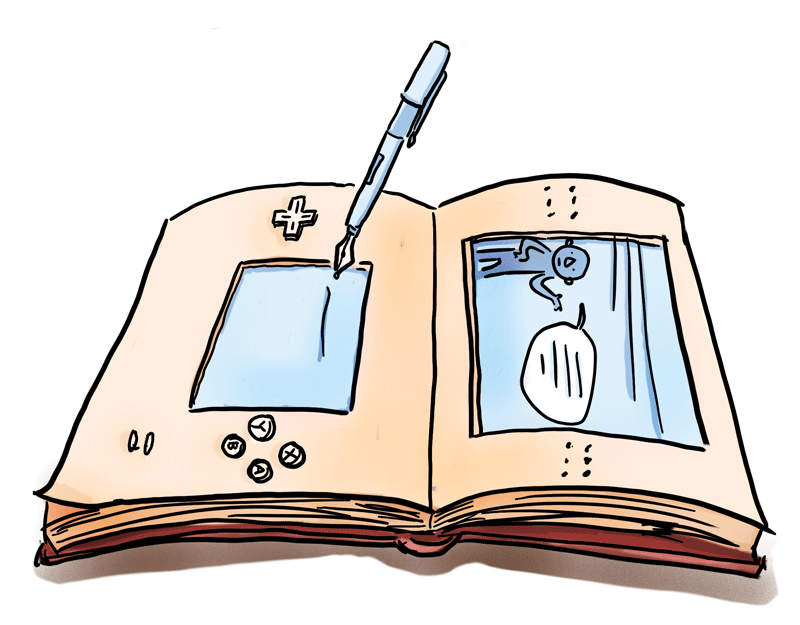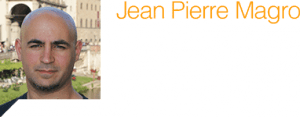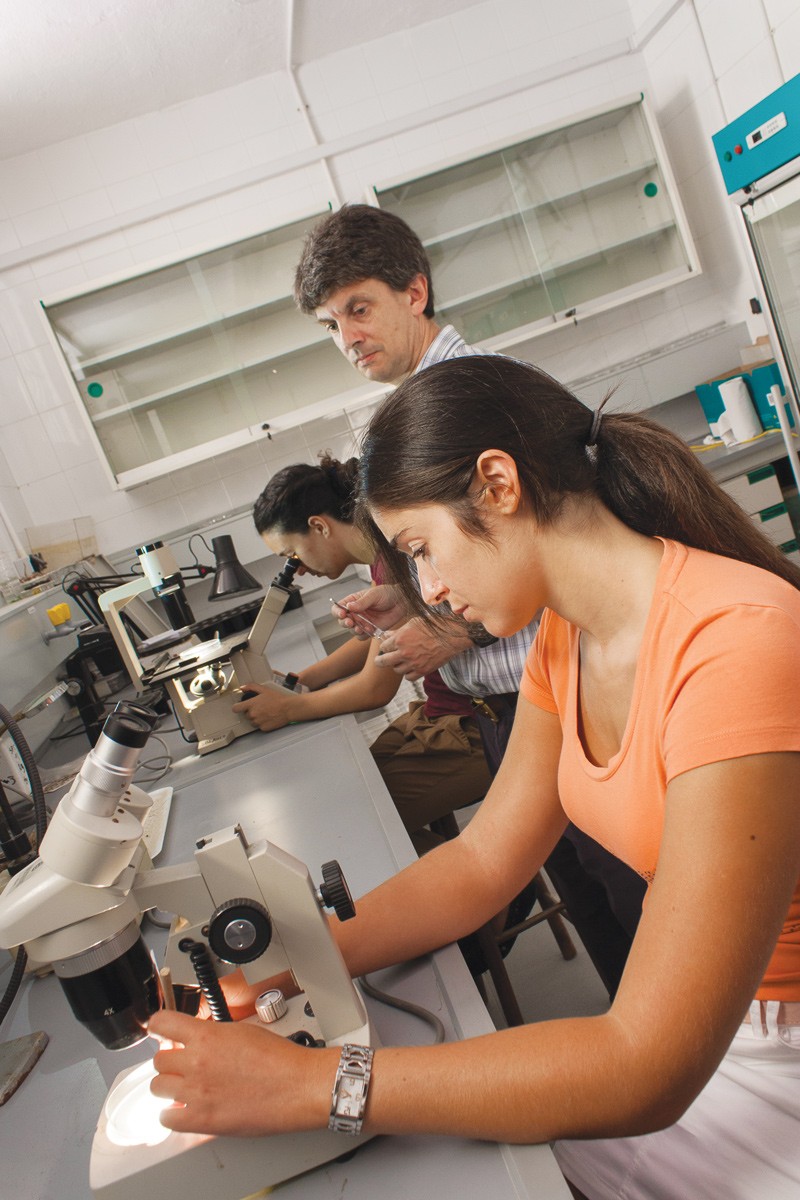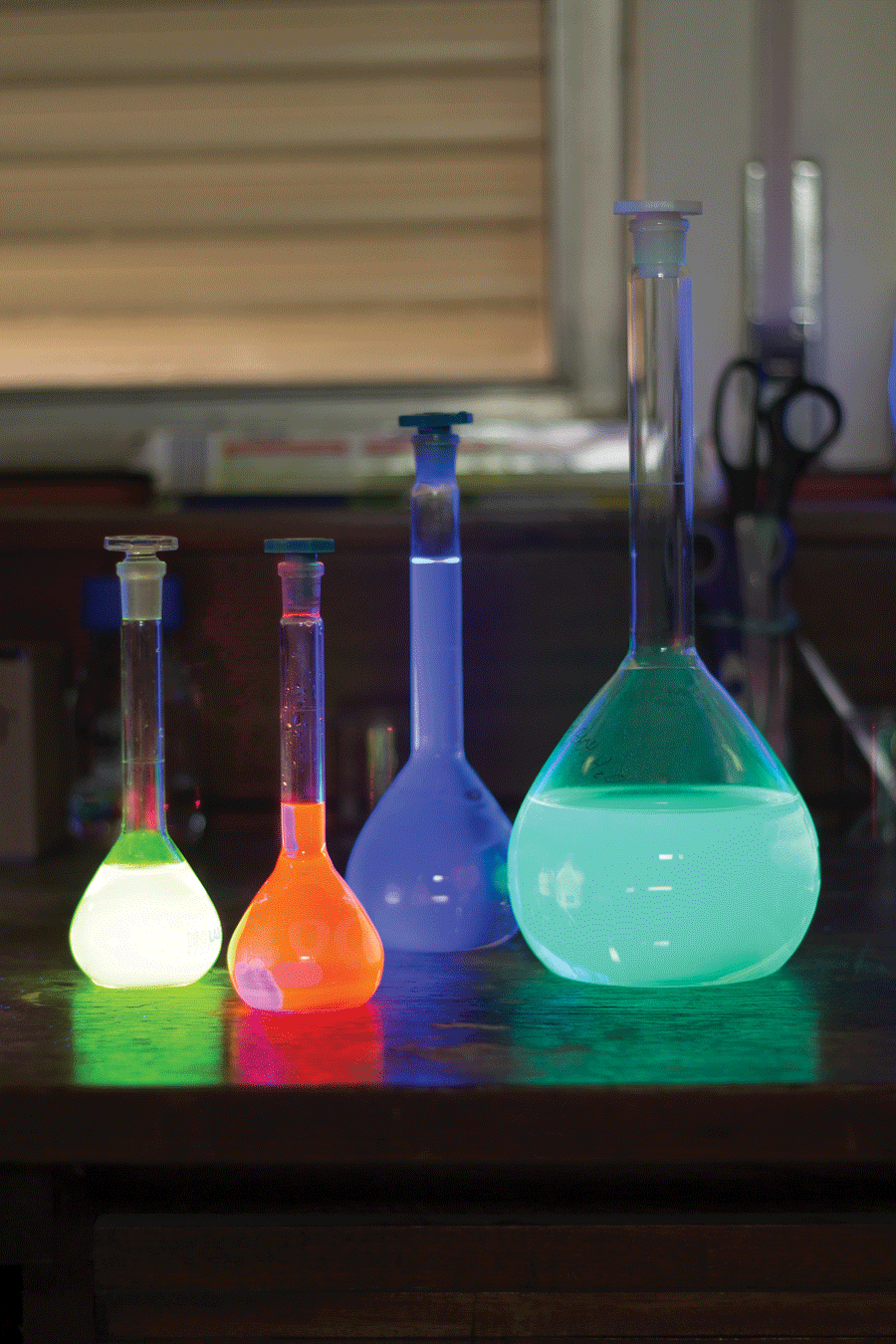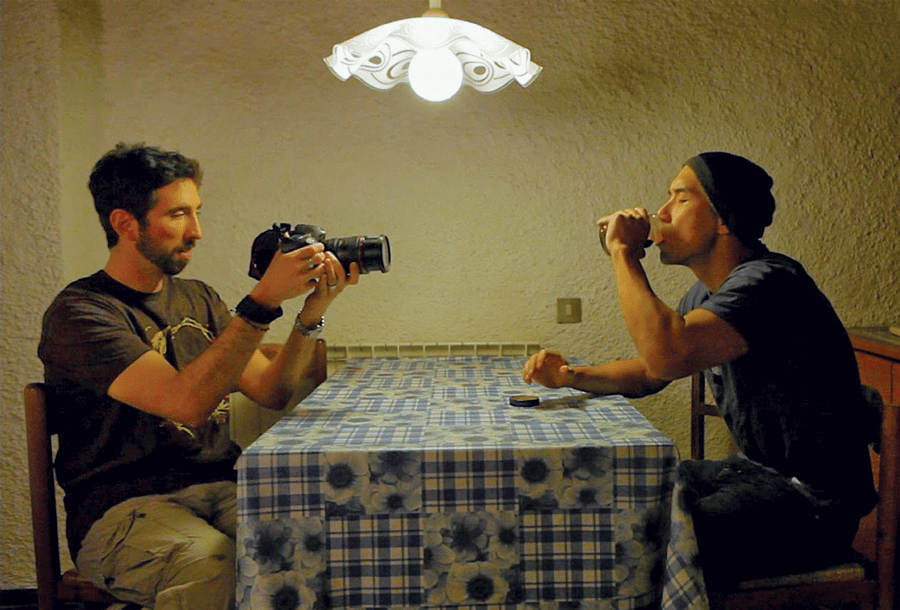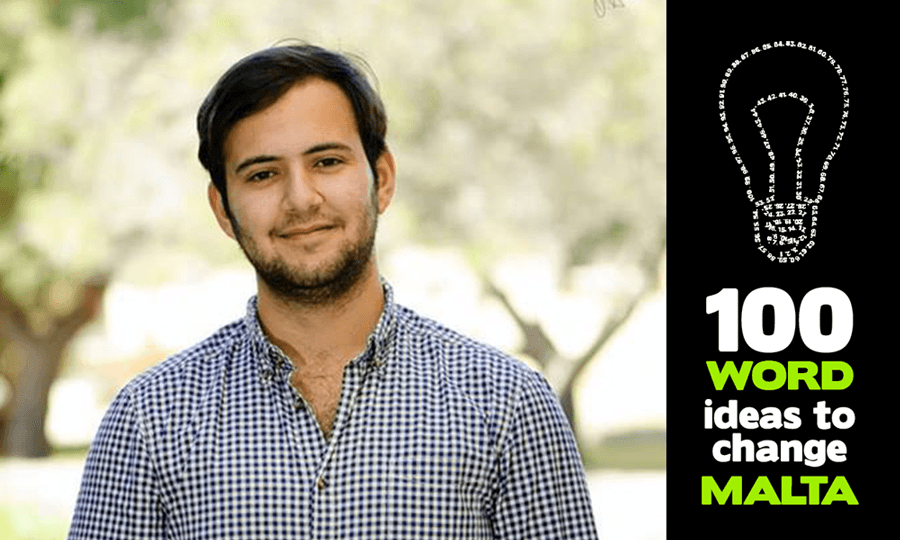Let us set a precedent
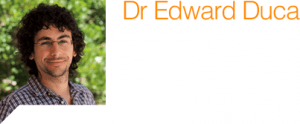 A changing University greeted me when I returned to Malta four years ago. This culture of change has only snowballed as new institutes, centres, and facilities have opened up, backed by personnel that are pushing its research portfolio. To continue supporting this progress the Research Trust (RIDT) is launching a Staff Contribution Scheme as from January 2015.Continue reading
A changing University greeted me when I returned to Malta four years ago. This culture of change has only snowballed as new institutes, centres, and facilities have opened up, backed by personnel that are pushing its research portfolio. To continue supporting this progress the Research Trust (RIDT) is launching a Staff Contribution Scheme as from January 2015.Continue reading
Translating Education
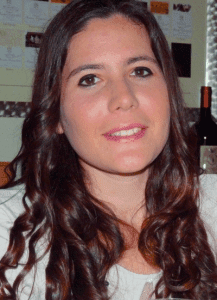
Research by Jana Galea
Language,translation,and education: three hot topics on the Maltese Islands.
Malta invests heavily in education with a big chunk of its budget, strength, and efforts invested to elevate standards. Malta is also largely bilingual. This is even reflected in Malta’s constitution which places both Maltese and English as official languages. Yet, deciding on which language to use to teach children is a thorn in the side of Maltese educational institutions. A viable bilingual policy is still needed.
The European Union places great importance on national languages. This policy elevates the importance of all EU languages no matter the country’s size. The EU releases its documents in each language—a boon for Maltese translation studies. However, there is a clear lacuna in terminology and glossaries for education documents.
Jana Galea (supervised by Prof. Anthony Aquilina) translated an international publication on education into Maltese and compiled an accompanying glossary of educational terms. Translators have to adopt the role of terminologists (professionals who research and locate information or past publications to ensure accuracy and consistency in the usage of terms) when working with specialised terminology, a time consuming activity due to the lack of standardised terms. A glossary of educational terms facilitates translation by providing an easy-to-access reference tool that ensures consistent terminology in translations.
The research tries to show that Maltese and English should not be seen as rivals constantly trying to outdo each other. The Maltese language is part of the country’s unique identity, its most democratic tool, and an official EU language. It is strong and continuously growing, as Prof. Manwel Mifsud stated ‘Ilsien żgħir imma sħiħ, ilsien Semitiku imma Ewropew, ħaj u dinamiku’ (A small but complete language, a Semitic language but European, alive and dynamic). Then there is the English language which is Malta’s main linguistic link to the rest of the world and the carrier of scientific, technological, and informational developments—both languages enrich the Maltese Islands.
This research was performed as part of a Master of Arts in Translation at the Faculty of Arts, University of Malta. It is partially funded by STEPS (the Strategic Educational Pathways Scholarship—Malta). This scholarship is part-financed by the European Union—European Social Fund (ESF) under Operational Programme II—Cohesion Policy 2007–2013, ‘Empowering People for More Jobs and a Better Quality of Life’.
PLAS
Think breadth: broadening your knowledge, pursuing your passion and acquiring useful transferable skills.
Think opportunity: studying at your own pace while juggling many commitments. An opportunity to continue your education or improve your career prospects.
Think flexibility: designing your own programme of studies by choosing any and as many short courses as you wish from a wide variety of fields. You can take just one or several classes, but you can also build up a diploma or a degree, with no time limits.
The University of Malta’s Programme in the Liberal Arts and Sciences (PLAS). Think about it. Visit www.um.edu.mt/clas
Storytelling 2.0 — The art of telling stories in a connected world
The rapid advancement of technology has transformed us into The Jetsons. But the use of these tools to enhance our storytelling makes us seem more like The Flintstones. Writers, creators, producers and academics are still busy developing ways to create richer, more engaging and more profitable transmedia experiences. Dr Jean Pierre Magro speaks to Think on the fascinating and lucrative world of transmedia narratives. Illustrations by Sonya Hallett
Continue reading
The Pool Party: Life at the Extreme
Shrimps, water fleas, waterworts, and pondweeds, this is one wild party. Dry summers with temperatures of over 40 degrees in summer and flooded winters, life in a rockpool is not easy. Decades of research by local ecologists have shed light on this extreme habitat—Dr Sandro Lanfranco, Kelly Briffa, and Sheryl Sammut tell us more.Continue reading
Colouring Chemistry
Smart, logical, and colourful. Dr David Magri and his team develop intelligent molecules. They are not only smart because they perform logical functions, similar to computers, but because they can detect miniscule changes in their surroundings that causes them to emit a large array of colours. These colour changes are intriguing researchers and are a great benefit to society.
Metal Gear Solid V: Ground Zeroes

Why is Metal Gear Solid V one of the most relevant games of the season? After all, new iterations of this franchise have been released for the past 25 years. Sure, Ground Zeroes boasts a new graphic engine and a vivid open-world structure. Enough to keep the tech savvy fan happy. But it’s Hideo Kojima’s authorial take that makes the difference. Continue reading
Afflicted — Film Review

Noel: I was surprised to see that Afflicted was a vampire movie. From the trailer I gathered that it was going to be a contagion film. Vampires and pestilence share a common history but I was thinking 28 Days Later (2002) rather than The Addiction (1995). Unfortunately, despite finding it entertaining, it hardly broke any new ground in terms of vampire lore. Apart from its use of shaky-cam film-making, we’ve seen it all before.
Krista: Speaking of vampire lore—one highlight for me was the ill-fitting conversation referencing ‘traditional’ vampire lore (‘Well you should have the ability to turn into mist.’) which contrasted with that attempted ‘realist’ style. I’m actually impressed that they didn’t fall into the usual US stereotyping and made it happen in some ‘mysterious’ backwoods of ‘Old Europe’, but chose Paris as a hub of civilisation.
N: However the filmmakers still kept the vampire at arms’ length, making the monster foreign. As you pointed out, it’s not Transylvania or the Yorkshire moors; but it’s still an American who got infected by a European.
K: I also liked that despite their attempt to be innovative, they weren’t pretentious and even included traditional jump scares. I liked the first-person perspective (fpp) during the run—kind of game-like.
N: His heightened perception and supra-human powers reminded me of Chronicle (2012). It was fun but I wouldn’t want to watch it again.
K: The film spends a while setting up the friendship, so I’m not sure why it was ended early. It was a brave move and foregrounded isolation but the ending fell flat for me. I was disappointed with the half-hearted fight sequence and the cringe-worthy moralising and sentimentalising. That vigilantism could be an interesting parody and critique of institutionalised ‘justice’, seen in many ‘revenge films’. But here it just brought it back in line with conservative morality.
N: The moralising was a shaky-cam version of Louis in Interview with the Vampire (1995). Even if we had to isolate Derek’s crisis (the main character) and take it for what it was, it’s still not that interesting. It reminded me of a bad Pepsi Max advert, highlighting thrills and shallow been-there-done-that moments. On another note: what do you think about the found footage? Is it overstaying its welcome? I think so. I’m finding it tedious and boring for an entire feature-length film. Get a tripod!
K: I’m surprised that found footage has outlived its ‘novelty’ factor. I was kind of sceptical about that but several films, including V/H/S (2012), have convinced me there’s still life in it. I have three main reasons: (1) its DIY possibilities, which gives a new lease to indie directors without the backing of glossy production; (2) its proximity to some fpp video games—disorientation, chase; (3) it seems to be associated with the horror genre. Other genres borrow it as a device; horror embraces it. I’m not sure why exactly but ‘found text’ is found in horror literature, from Bram Stoker to Mark Z Danielewski, it’s an established device.
N: So, final verdict? I recommend Afflicted if you’re looking for an hour and a half of harmless entertainment. A camp-fire story for the tech-savvy generation.
K: Perhaps more of a ‘teen adult’ horror; it references a horror tradition, but doesn’t add much that’s new, perhaps more rewarding for less ‘seasoned’ horror fans.
Algae Farm
Alexander Hili
What is Malta’s most abundant resource? The sea and sun. Till now very few uses have been found for such resources due to the lack of applications in conventional industries. However, what would happen if we became unconventional?
Think Algae farms. Malta and Gozo could be using the warm waters around them to produce a cheap, healthy food. With copious sunlight prevalent throughout the year, local sushi bars could serve sushi wrapped in local nori. Malta could export to large profitable markets overseas. The farms could provide a large influx of work and increase cash flow to the Maltese Islands.


